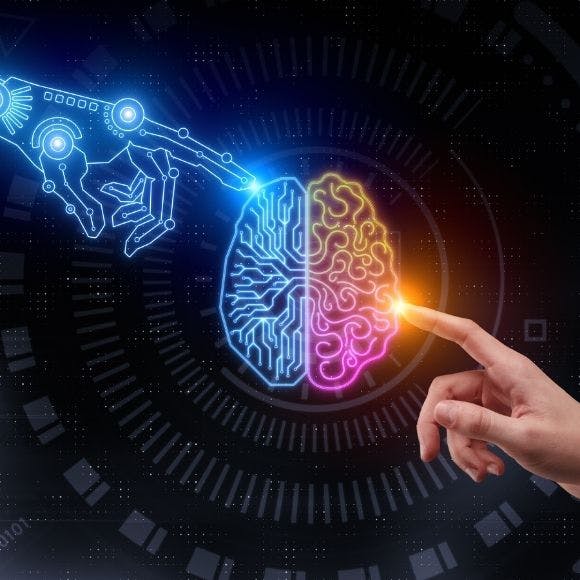Unraveling the mystery of these tech titans
Explore the differences between an ML Engineer and a Data Scientist, understand their roles, responsibilities, and the skill sets required to excel in these exciting fields.
When you think of cutting-edge technology, machine learning (ML) and data science are undoubtedly among the first things that come to mind. With the rapid advancement of artificial intelligence (AI), the demand for skilled ML engineers and data scientists has skyrocketed.
But what's the real difference between these two roles? In this article, we'll delve into the world of ML engineers and data scientists, exploring the nuances that set them apart and the vital roles they play in the tech industry.
ML Engineer vs Data Scientist: The basics
While both ML engineers and data scientists work with data and algorithms, their roles and responsibilities often differ. Let's break it down:
ML Engineer
- Develops, deploys, and maintains ML models
- Collaborates with data scientists to transform data into useful insights
- Focuses on implementing and optimizing ML algorithms
Data Scientist
- Extracts insights from data through statistical analysis and visualization
- Builds predictive models and tests their accuracy
- Communicates results and insights to stakeholders
In the weeds: Diving deeper into the roles
Now that we've got the basics covered, let's dive deeper into the nitty-gritty of each role.
ML Engineer: A hands-on approach to Machine Learning
An ML engineer is like the bridge between data science and software engineering. They're responsible for:
- Taking data scientists' work and turning it into actionable, production-ready code
- Ensuring models are scalable and can handle large data sets
- Continuously monitoring and fine-tuning models for optimal performance
ML engineers need to be well-versed in programming languages (such as Python or R), as well as various ML libraries and frameworks (like TensorFlow or PyTorch).
Data Scientist: extracting wisdom from data
Data scientists, on the other hand, are responsible for:
- Analyzing data to uncover patterns and trends
- Developing and testing predictive models using statistical and machine learning methods
- Communicating insights and recommendations to stakeholders
A strong foundation in statistics and mathematics is essential for a data scientist, along with expertise in programming languages, data visualization tools, and databases.
A match made in heaven: How ML Engineers and Data Scientists collaborate
While ML engineers and data scientists have distinct roles, they typically work together to achieve common goals. Here's how their collaboration might look like:
- Data scientists analyze data and develop a predictive model
- ML engineers implement the model, ensuring its scalable and efficient
- Both parties work together to fine-tune the model and monitor its performance
This symbiotic relationship allows for seamless integration of data science and machine learning, resulting in powerful, data-driven solutions.
Frequently asked questions
The ML engineer vs data scientist debate can be a bit murky, but understanding the roles, responsibilities, and skill sets required for each can help shed light on the subject.
While both professionals work with data and algorithms, they each bring unique expertise and perspectives to the table.
Whether you're considering a career in either field or simply curious about the distinction, recognizing the differences between these tech titans is crucial for a well-rounded understanding of the rapidly evolving world of AI and machine learning.

Benefits of having a career in Artificial Intelligence
High salaries
One of the biggest benefits of having a career in AI is the potential for high salaries. AI professionals are among the highest paid in the tech industry, with salaries ranging from six to seven figures. This is due to the complex nature of AI and the high demand for skilled individuals in this field.
Cutting-edge technology
Another benefit is the opportunity to work on cutting-edge technology and innovative projects. As an AI professional, you will have the chance to develop and implement AI solutions that can make a real difference in the world. You will also have the opportunity to constantly learn and grow as the field of AI evolves.
Job security
Lastly, a career in AI also offers the potential for job security. As AI continues to play an increasingly important role in our lives, the demand for AI professionals is only going to grow. This means that your skills and expertise will always be in high demand, giving you a level of job security that is hard to come by in other fields.
Similar jobs comparisons guides
Join millions of Data Experts
- The ratio of hired Data Analysts is expected to grow by 25% from 2020 to 2030 (Bureau of Labor & Statistics).
- 1/4
- Data Analyst is and will be one of the most in-demand jobs for the decade to come.
- #1
- 16% of all US jobs will be replaced by AI and Machine Learning by 2030 (Forrester).
- 16%